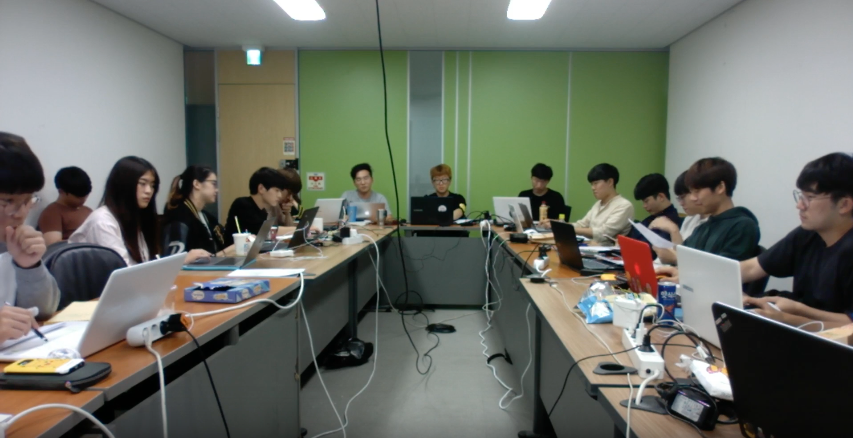The chasm between the Korean and international community has existed and prevailed ever since the first international students set foot in KAIST. Word spread around campus about a merger between the Undergraduate Student Council (USC) and the KAIST International Students Association (KISA) being worked on behind the scenes. Such a merger could have closed the gap and broken the status quo. Unfortunately, the merger, alongside the possibility of a united student community, has fallen through.
A main area of concern among international students in relation to the student body is their complete lack of representation in the student government, the USC. Previous USC administrations have attempted to include members of the international community in the council. However, according to current USC members, this system promptly collapsed due to the language barrier and difficulties with communication. To tackle the problem from a different angle, a new executive branch of the USC, the International Secretariat (IS), was formed in 2015.
With the goal of aiding the international community, the IS has been toiling over administrative and policy-related issues, and has carried out efforts to unite the student community. Although the USC has been steadily demonstrating its care through actions, it was strenuous to allocate enough manpower and budget to aid the international community. The bulk of the USC’s budget used to come from fees collected from Korean undergraduate students, and it was being stretched to cover the needs of international students.
At the end of 2016, the USC determined that to properly serve international students, it had to also collect fees from them. After talking to the school administration and KISA, the plan was put into action during the spring semester of this year. With students’ money at stake, the IS understood that the non-inclusion of international students in the council would no longer be acceptable.
As a possible solution to the problem, the IS proposed registering KISA as a special organization. Special organizations include the likes of ELKA, the representative cheerleading team of KAIST, and SPARCS, the web development team that provides services such as Ara and OTL. These organizations run autonomously, but their operations are frequently evaluated and assisted by the USC. The IS hoped that by registering KISA, an organization that is intended to represent international students on campus, international students could hold a meaningful voice in the USC. In the intended plan, KISA would have received additional funding from collected student fees, and would have had a greater say in how the USC utilized these fees. More streamlined communication and practical cooperation were expected through this union.

At the start of the year, the USC held talks with newly-elected KISA President Sanzhar Kerimbek. KISA agreed to register as a special organization. To register an association, the USC must first file several required documents, including a list of 250 signatures from undergraduate students in favor of the registration. With documents in order, a motion is placed on the agenda of the Central Operations Committee of the USC, and, if the motion passes, the same motion can be submitted on the agenda of the Student Representatives Meeting (SRM). All club presidents, student heads of every department and school in KAIST, and the USC attend the SRM. In the meeting, the representatives decide on whether a registration can go through or not.
KISA’s registration did not even reach step two. In the Central Operations Committee hearing of September 27, no mention of KISA was made as the association was unable to get ahold of 250 signatures. The IS requested KISA to collect the signatures from international students during the summer break, while it also tried to collect some signatures themselves. According to Kerimbek, KISA was unable to reach the number due to KISA members’ busy schedules and the lack of international students on campus during the break. Both the USC and KISA have suggested that a lack of communication from the other side led to the eventual collapse of the union (For more information, see the interview in the Society section on page 12).
Some international students are worried by the collapse. The USC will continue to collect fees from international students, but there is no one to represent them within the organization. An anonymous international student expressed in frustration, “This is taxation without representation.” Due to the general distrust of KISA and the association’s image of incompetence shared by many, some viewed the failure positively. However, many international students are still unaware of the situation. A significant portion of the community, including KISA members themselves, have not gotten word about the collapse of the merger, or even about the merger itself. With the leadership of both the USC and KISA undergoing major changes in the near future, for international students, now is the time to either hope or act.

